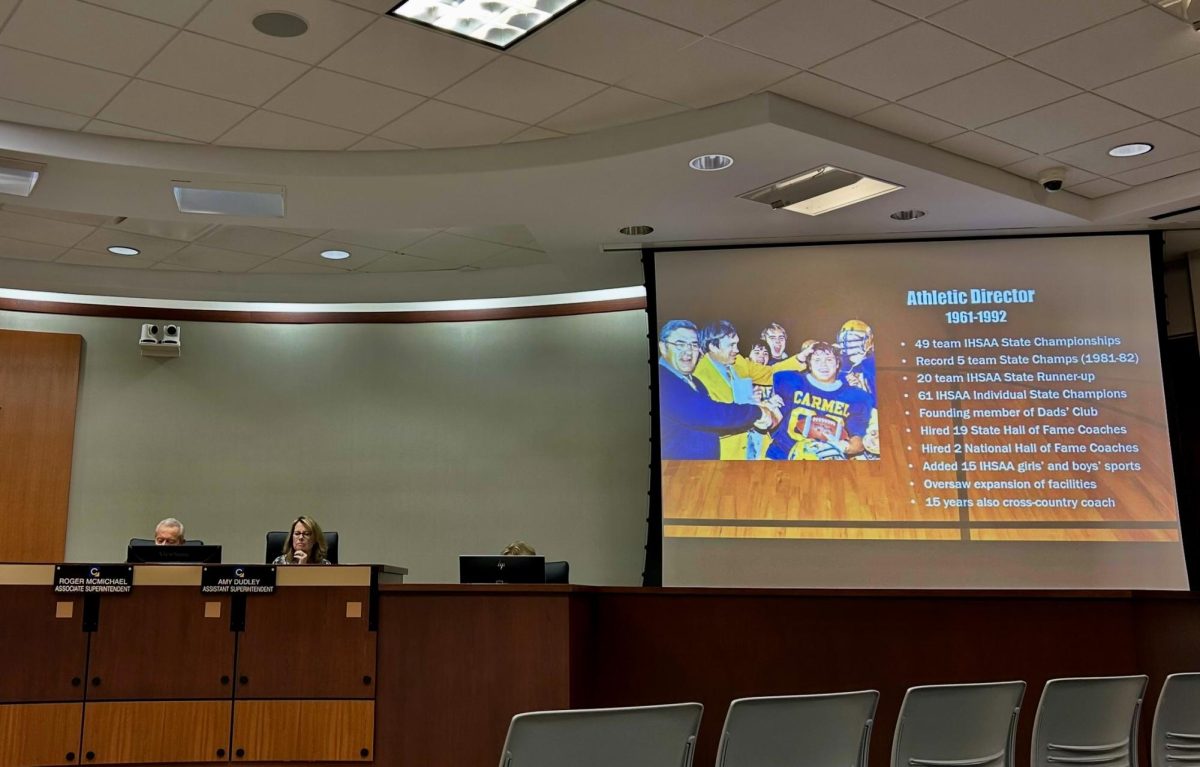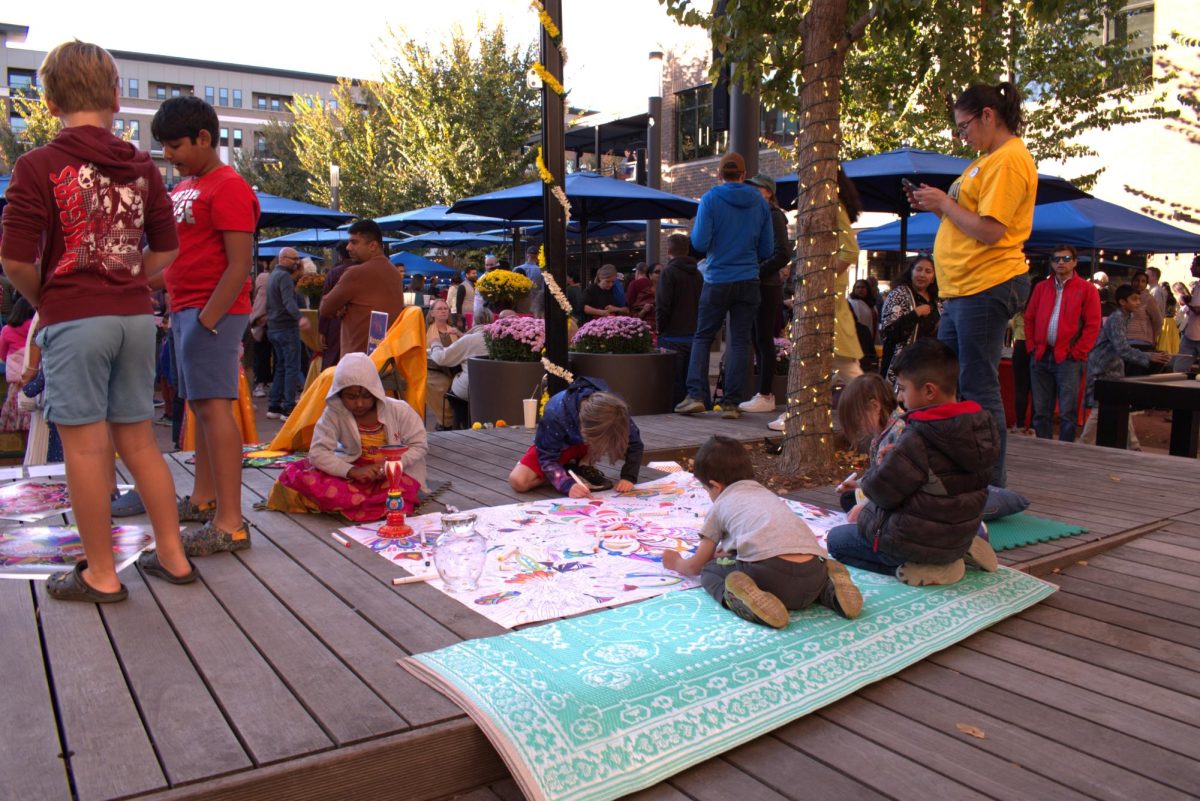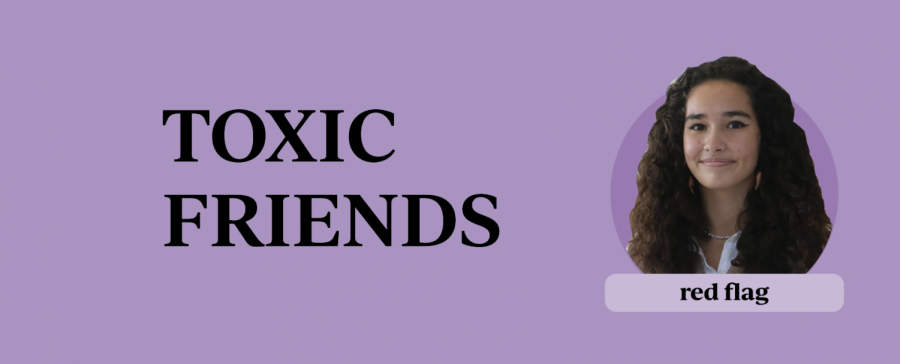If you ask me to describe my friends the first words that come to mind are genuine, kind-hearted and caring, although they can be a bit annoying at times. But for many people, although it’s hard to admit, these words would hardly come to mind when describing their closest acquaintances.
Going into high school, I had about 12 close friends. They had been friends before I came into the picture, but I seemed to fit right in. However, the dynamic started shifting my freshman year as we all went to different high schools and arguments started to drive a wedge between us. Slowly, but most definitely surely, the group sectioned off into chunks and I was left with only four of the original 12 friends.
It was challenging to go through this process of cutting off people from my life, and it was not something I would say was necessarily easy. However, in the end, the constant fighting within our group chats and the hostility which members had towards one another was too much for me to handle.
National Unfriend Day is on Nov. 17, and on the surface it might seem to be a seemingly meaningless holiday. But it has the potential to be an incredibly important one too. I want to use this day to ignite a change in the view of friendship and healthy relationships.
Within modern friendships, toxicity seems to be the norm and it often spreads at rapid rates especially due to social media. Often it can be difficult to realize that some relationships have unhealthy qualities. But this toxicity shouldn’t be deemed as “acceptable”; rather, we should root out these negative energies within our lives.
Even though the past couple of months, I have had discussions with some friends about letting people out of their lives. Often they worry about losing close relationships or not being able to replace them with other people. While I understand the concerns, letting go of harmful relationships can, and will, be, more beneficial in the long run.
Additionally, according to Healthline, staying in close contact with these toxic friends may lead to reduced self-esteem, increased stress levels, or overall worse mental health. To avoid this, it’s also important to note red flags within relationships including manipulation, narcissistic tendencies, and backhanded compliments, among others.
I’m not necessarily implying that all friendships are negative, but rather if there is a red flag in a relationship, you should draw attention to it. Sure, some red flags just need some time and communication to work through; but if the issues don’t sort themselves out, or the relationship is making you generally unhappy, it may be time to consider cutting that individual off and focusing on your own health for a while.
To view more of Riley Laferriere’s work, click here.




























![Keep the New Gloves: Fighter Safety Is Non-Negotiable [opinion]](https://hilite.org/wp-content/uploads/2024/12/ufcglovescolumncover-1200x471.png)






!["Wicked" poster controversy sparks a debate about the importance of accuracy versus artistic freedom [opinion]](https://hilite.org/wp-content/uploads/2024/11/riva-perspective-cover-1200x471.jpg)









































![Review: “We Live in Time” leaves you wanting more [MUSE]](https://hilite.org/wp-content/uploads/2024/12/IMG_6358.jpg)
![Review: The premise of "Culinary Class Wars" is refreshingly unique and deserving of more attention [MUSE]](https://hilite.org/wp-content/uploads/2024/12/MUSE-class-wars-cover-2.png)
![Introducing: "The Muses Who Stole Christmas," a collection of reviews for you to follow through winter [MUSE]](https://hilite.org/wp-content/uploads/2024/12/winter-muse-4.gif)
![Review: "Meet Me Next Christmas" is a cheesy and predictable watch, but it was worth every minute [MUSE]](https://hilite.org/wp-content/uploads/2024/11/AAAAQVfRG2gwEuLhXTGm3856HuX2MTNs31Ok7fGgIVCoZbyeugVs1F4DZs-DgP0XadTDrnXHlbQo4DerjRXand9H1JKPM06cENmLl2RsINud2DMqIHzpXFS2n4zOkL3dr5m5i0nIVb3Cu3ataT_W2zGeDAJNd_E-1200x884.jpg)
![Review: "Gilmore Girls", the perfect fall show [MUSE]](https://hilite.org/wp-content/uploads/2024/11/gilmore-girls.png)
![Review in Print: Maripaz Villar brings a delightfully unique style to the world of WEBTOON [MUSE]](https://hilite.org/wp-content/uploads/2023/12/maripazcover-1200x960.jpg)
![Review: “The Sword of Kaigen” is a masterpiece [MUSE]](https://hilite.org/wp-content/uploads/2023/11/Screenshot-2023-11-26-201051.png)
![Review: Gateron Oil Kings, great linear switches, okay price [MUSE]](https://hilite.org/wp-content/uploads/2023/11/Screenshot-2023-11-26-200553.png)
![Review: “A Haunting in Venice” is a significant improvement from other Agatha Christie adaptations [MUSE]](https://hilite.org/wp-content/uploads/2023/11/e7ee2938a6d422669771bce6d8088521.jpg)
![Review: A Thanksgiving story from elementary school, still just as interesting [MUSE]](https://hilite.org/wp-content/uploads/2023/11/Screenshot-2023-11-26-195514-987x1200.png)
![Review: "When I Fly Towards You", cute, uplifting youth drama [MUSE]](https://hilite.org/wp-content/uploads/2023/09/When-I-Fly-Towards-You-Chinese-drama.png)
![Postcards from Muse: Hawaii Travel Diary [MUSE]](https://hilite.org/wp-content/uploads/2023/09/My-project-1-1200x1200.jpg)
![Review: "Ladybug & Cat Noir: The Movie," departure from original show [MUSE]](https://hilite.org/wp-content/uploads/2023/09/Ladybug__Cat_Noir_-_The_Movie_poster.jpg)
![Review in Print: "Hidden Love" is the cute, uplifting drama everyone needs [MUSE]](https://hilite.org/wp-content/uploads/2023/09/hiddenlovecover-e1693597208225-1030x1200.png)
![Review in Print: "Heartstopper" is the heartwarming queer romance we all need [MUSE]](https://hilite.org/wp-content/uploads/2023/08/museheartstoppercover-1200x654.png)




